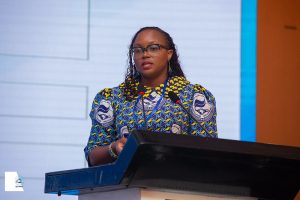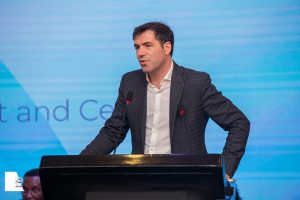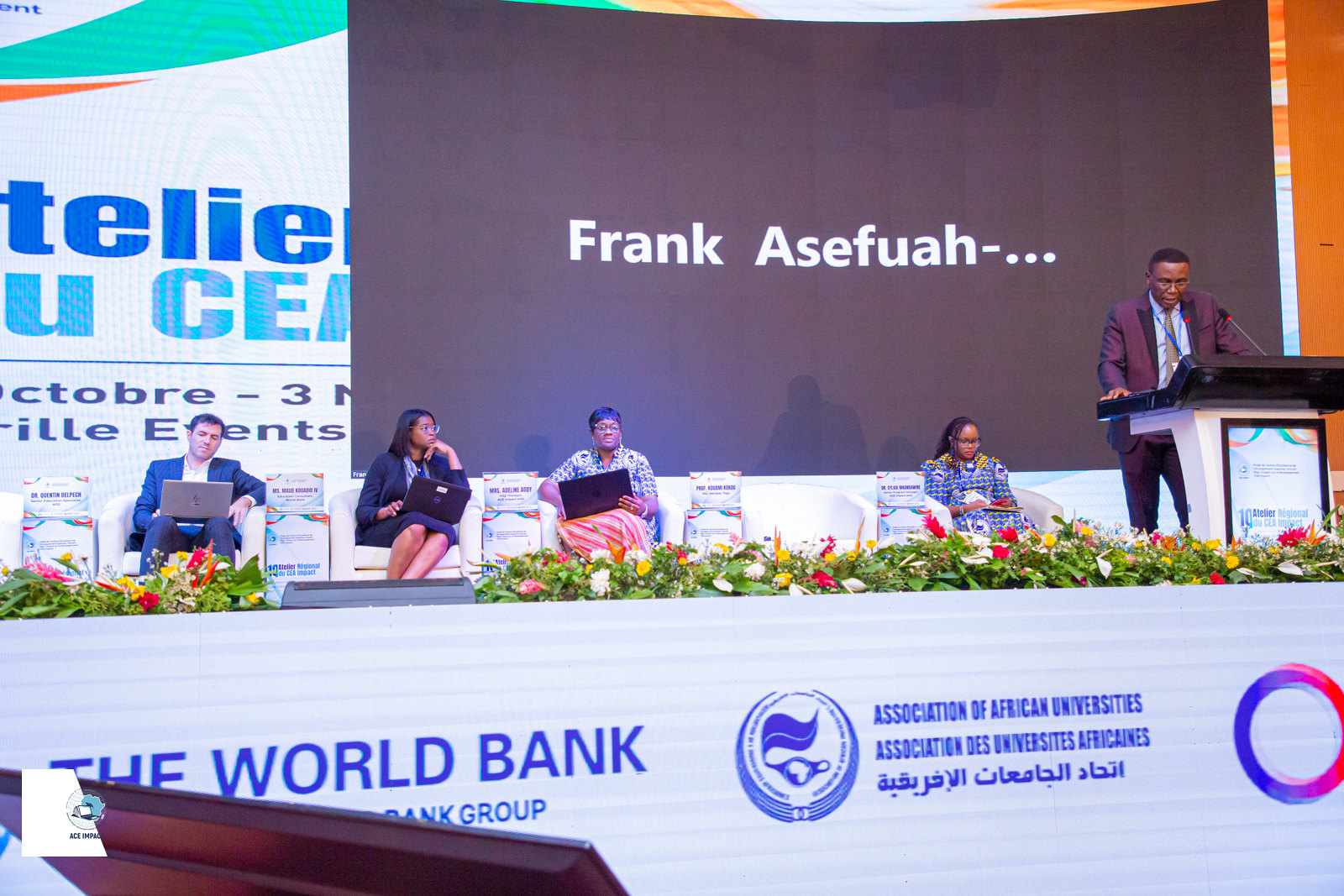The Africa Higher Education Centers of Excellence for Development Impact (ACE Impact) continues to make impressive strides toward its mission of enhancing higher education in Africa. As part of its ongoing commitment to realizing project objectives, the ACE Impact Project conducts bi-annual assessments of its progress during its regional workshops, using Disbursement Linked Indicators (DLIs) to measure various key areas, including student enrollment, program accreditation, resource mobilization, research publication, development impact, entrepreneurship, and innovation. These assessments are critical in evaluating the project’s overall impact and ensuring that it aligns with its goals.
During the 10th ACE Impact Regional Workshop in Abidjan, Cote d’Ivoire, various presentations were made on October 31, 2023, to assess the centres progress in line with the project’s overarching goal of transforming higher education in Africa to deliver high-quality graduates, bridge the skill gap, and foster quality research and innovative approaches to address the region’s developmental challenges.
Remarkable Progress and Achievements
During the workshop, Dr. Sylvia Mkandawire, Senior Manager of the ACE Impact Project, highlighted the substantial progress made by the project. Notable achievements included the enrollment of 8,231 MSc and 2,828 PhD students, with 8,491 of them being female and 8,182 regional students. Additionally, 31 programs received international accreditation, and an impressive $75 million was raised in externally generated revenue by the centers.

She further reported on centers’ efforts in pioneering innovations to tackle development challenges. One of the standout features of the ACE Impact Project is its commitment to addressing developmental challenges through innovation. It was observed that the centers have assumed a pioneering role in developing creative and innovative solutions to address challenges in critical priority areas such as agriculture, STEM, and environmental.
Examples include CEFTER’s efforts in developing food preservation technologies like crop dryers, freeze driers, fish processing machines, and threshers, fruit juice pasteurizers, CEA-MITIC’s tech-driven solutions to promoting green technology and climate change adaptation, and CEALT’s students creating a transport management app and recycling solutions.
Recognizing the significance of sustainable partnerships, especially as the project nears its conclusion in June 2025, exploratory discussions are ongoing with Historically Black Colleges and Universities (HBCUs) and the United Nations High Commissioner for Refugees (UNHCR), among other potential partners, with the aim of identifying alternative funding options and establishing meaningful collaborations that will support the ACEs beyond the current funding from the World Bank Group and AFD.
In addition, Mrs. Adeline Addy, the Monitoring and Evaluation Manager for ACE Impact, underscored the continuous efforts of the centers of excellence. She observed that during the evaluation of the project’s progress, many centers have surpassed expectations, achieving indicators at levels between 70% and 90% of the project targets. As the project approaches its conclusion, the majority of indicators are well within this range. While commendable strides have been made by the centers in pursuit of project goals, there remain certain challenges, notably in the area of institutional accreditation.

Mrs. Addy acknowledged the complexity associated with obtaining institutional accreditation as a contributing factor to this challenge. Nevertheless, the centers are committed to their best efforts in reaching this indicator.
Regarding disbursement rates, Ms. Maud Kouadio, World Bank Education Consultant working with the ACE Impact project team, reported the current status falls between 40% and 80%, with a projected increase to 80% to 90% by June 2024. Centers received a strong call to remain dedicated to achieving these targets and optimizing their utilization of funds. These insights underscore the impressive advancements made by the ACE Impact project and the unwavering determination and dedication of the centers to not only meet but surpass their objectives, despite grappling with challenges along the way. The unwavering commitment to these initiatives demonstrates a commitment to the transformation of higher education across the African continent.

ACE Partner Project’s Contribution
The ACE Partner Project, funded by the French Development Agency (AFD), supports thematic networks in sustainable water management, infectious diseases, digital science and technology, and mining and sustainable development. This initiative brings together 23 ACEs across eight West African countries to strengthen collaboration in training, collaborative research and capacity building. Dr. Quentin Delpech, Senior Education Consultant at AFD, reported on the ACE Partner activities highlighting achievements such as partnerships with six institutions, 52 scholarships, 49 research programs, 63 inter-ACE research publications, over 4 million Euros generated, 3500 students trained and successful collaboration with the private sector.

Sustainability as a Key Focus
As the ACE Impact and ACE Partner projects approach their respective conclusions in June 2025 and February 2024, sustainability becomes paramount. The ACEs are encouraged to leverage their successes to foster sustainable partnerships and alternative funding opportunities that will support their activities beyond the World Bank Group and AFD funding.
The ACE Impact Project and its partners remain dedicated to the transformation of African higher education, and their continued efforts are set to leave a lasting impact on the continent’s educational landscape.
